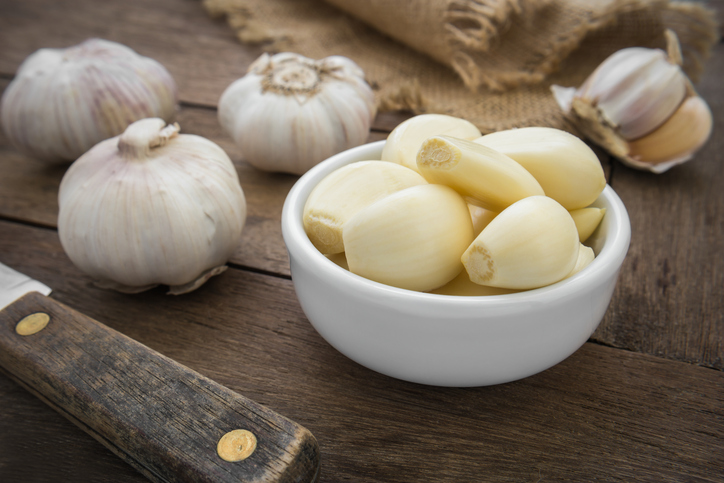
You hear it all over – from the radio to commercials – and from doctors when you’re on antibiotics: Take your probiotics! So, we know we’re supposed to take them but do we know why? Nutrition researchers have specified prebiotics and probiotics as being beneficial to our health.
Prebiotics are natural, non-digestible food components that are connected to promoting the growth of good, helpful bacteria in the gut. Prebiotics could improve gastrointestinal health and possibly enhance the absorption of calcium.
Foods with prebiotics:
- Bananas
- Onions
- Garlic
- Leeks
- Asparagus
- Artichokes
- Whole-wheat foods
Probiotics are “good” bacteria, or live cultures, like the ones found naturally in the gut. These live cultures help alter or repopulate intestinal bacteria to balance gut flora – the complex community of microorganisms that live in the digestive tracts. Probiotics are thought to boost immunity and general health, especially GI health.
Foods with probiotics:
- Fermented dairy foods like yogurt, kefir products and aged cheeses contain live cultures.
- Non-dairy foods such as kimchi, sauerkraut and tempeh
If you prefer not to eat those items, there are plenty of available over-the-counter probiotic supplements available. Ask your pharmacist for a recommendation.
Probiotics essentially eat the prebiotics and work together to offer you good gut health. Together, they may additionally provide enhanced immune function and cancer protection, lower inflammation, reduce risk for heart disease and more. So when eating a prebiotic, make sure to combine it with a probiotic, or vice versa, and let them work together to make a healthier you.
*Courtesy of eatright.org